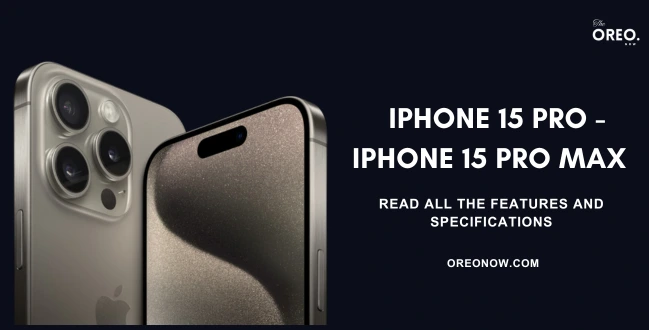Microsoft’s $69 Billion Acquisition of Activision Blizzard Temporarily Blocked by US Judge
A US judge has temporarily blocked Microsoft’s $69 billion (£56 billion) acquisition of Activision Blizzard. The judge, Yvonne Gonzalez Rogers, granted the request from the US Federal Trade Commission (FTC), which argued that the deal would harm competition in the video game industry.
The FTC had argued that the deal would give Microsoft too much control over the market for popular video game franchises, such as Call of Duty and Candy Crush. The agency also argued that the deal would make it more difficult for other companies to compete in the industry.
Microsoft has argued that the deal would actually benefit competition by allowing it to invest more in new games and services. The company has also said that it would not make any of Activision Blizzard’s games exclusive to its Xbox platform.
The FTC’s Concerns
The FTC’s primary argument against the acquisition was centered on the potential consolidation of market power in the hands of Microsoft. They contended that Microsoft’s control over popular video game franchises like Call of Duty and Candy Crush could stifle competition and make it more challenging for other companies to enter the industry.
The agency further emphasized the potential negative impact on consumers if Microsoft were to exert exclusive control over Activision Blizzard’s games.
Microsoft’s Defense
Microsoft has staunchly defended the acquisition, asserting that it would actually benefit competition by enabling increased investment in new games and services.
The company has also assured that it would not make any of Activision Blizzard’s games exclusive to its Xbox platform, seeking to address concerns about limiting access for gamers on other platforms.
Microsoft’s arguments have aimed to demonstrate that the deal would foster innovation and ultimately enhance the gaming experience for consumers.
Setback but not a Fatal Blow
While the judge’s decision to temporarily block the acquisition deals a setback to Microsoft’s plans, it does not mark the end of their pursuit.
Microsoft has until July 29 to respond to the FTC’s complaint, and there is a possibility of appealing the decision if it remains unfavorable.
The outcome will hinge on whether Microsoft can address the concerns raised by the FTC and convince the judge that the acquisition will not unduly harm competition in the video game industry.
Implications of the Deal
The proposed acquisition is significant, as it would be the largest ever in the history of the video game industry. If approved, it would grant Microsoft a considerable foothold in the mobile gaming market and provide a substantial boost to its overall gaming business.
The deal has sparked mixed reactions among gamers, with some anticipating increased innovation and improved game offerings, while others express concerns about potential price hikes and Microsoft’s dominance in the industry.
Regulatory Scrutiny in the Tech Industry
The judge’s decision serves as a reminder that even the most substantial tech deals are subject to regulatory scrutiny. It highlights the role of regulatory bodies in assessing potential antitrust issues and ensuring fair competition in the market.
Microsoft’s experience with the FTC underscores the importance of addressing such concerns and seeking approval in accordance with the relevant regulatory frameworks.
Summing Up
Microsoft’s $69 billion acquisition of Activision Blizzard has hit a roadblock as a US judge temporarily blocked the deal based on the Federal Trade Commission’s concerns over competition. While the ruling poses a challenge, it is not a definitive rejection. Microsoft will have an opportunity to respond to the FTC’s objections and potentially appeal the decision.
The outcome will have significant implications for the video game industry, gamers, and the evolving landscape of tech acquisitions. As the case unfolds, it will shed light on the delicate balance between fostering innovation and preserving competition within the gaming sector.




One Comment